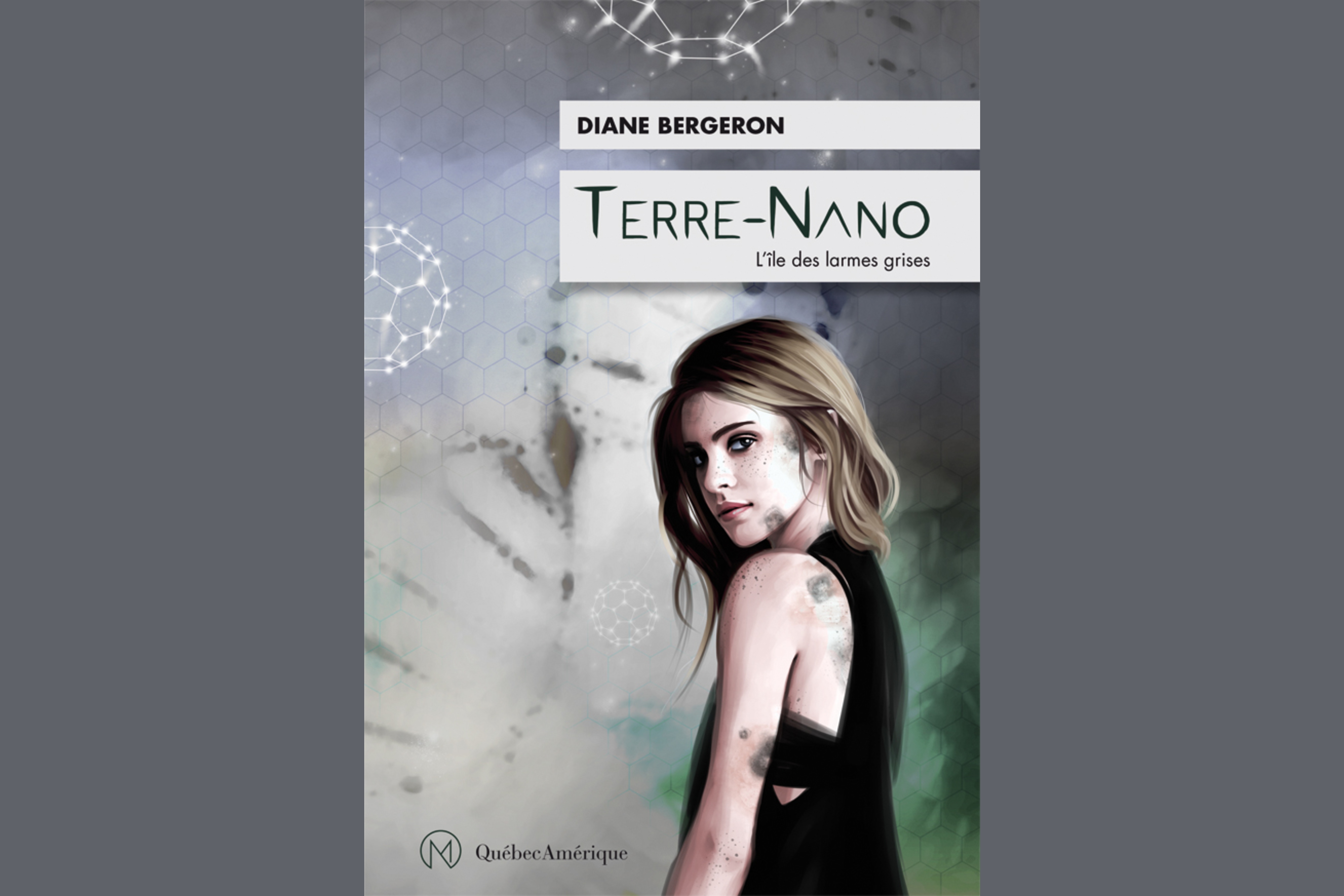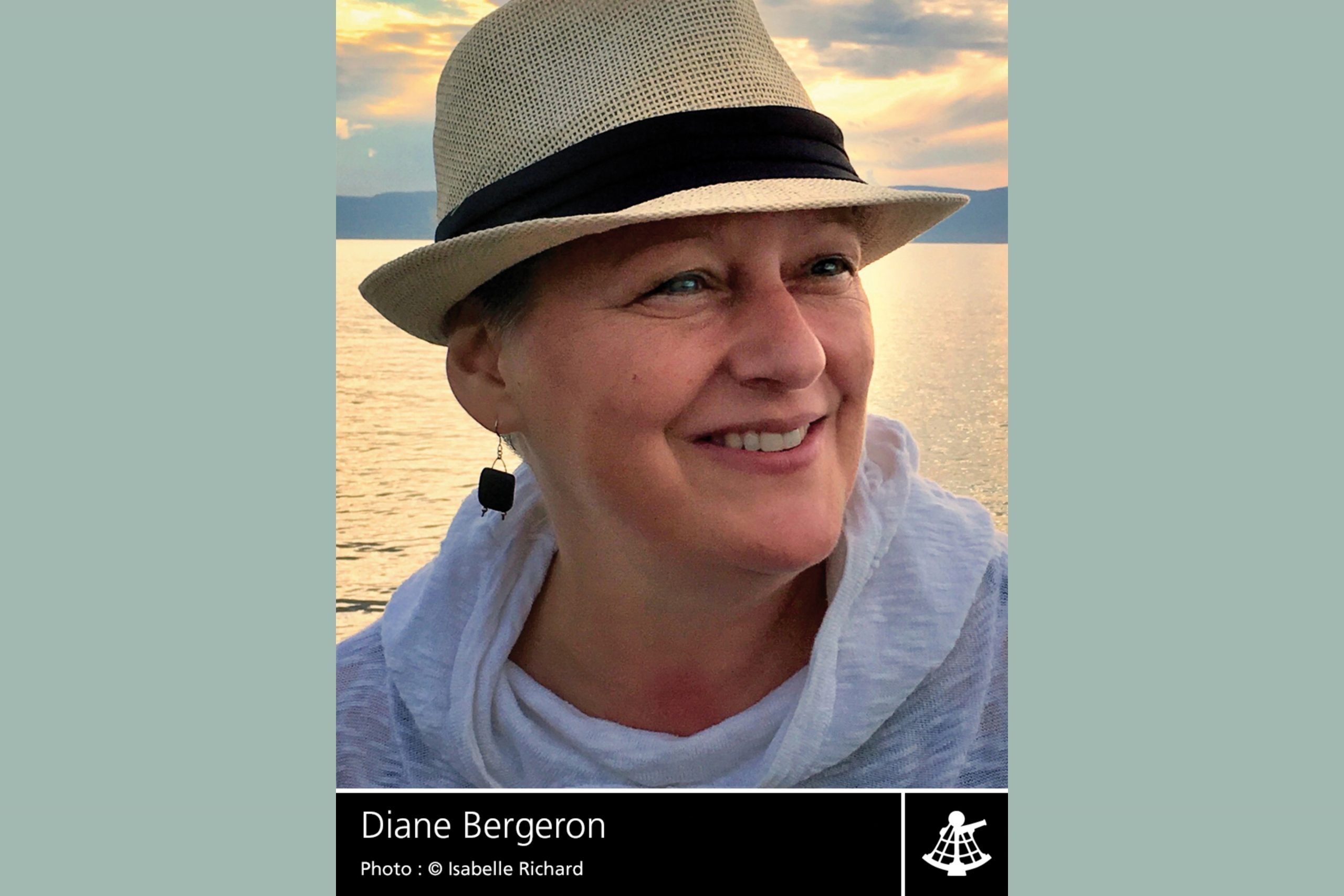Abitiba origin Diane Bergeron publishes a novel about a global pandemic written from 2012 to 2018
© Isabel Richard/Roy and Turner Communications
Although Diane Bergeron no longer conducts research in biochemistry, her education serves as the inspiration for her stories.
Born in Val d’Or in 1964, Diane Bergeron spent her early childhood there before moving to Noranda a few years later. She then stayed there for twenty years before leaving to study biochemistry in Montreal. In the end, I headed to Laval University in Quebec to complete my master’s and doctorate degrees in biochemistry/cloning.
Today she studies at Université Laval, but in a field other than science. “When I had my children, I stopped science, but I started writing,” said Mrs. Bergeron. I found in writing a new passion that I developed over time.”
Fiction
Rather than abandon science entirely, she decided to use her knowledge as the basis for many of her novels. However, writing was not new to her. During her last pregnancy, she stumbled upon old texts she had written during her time at CEGEP.
“In literature class, one of my professors asked us to write four short stories. I’ve read them many times over the years, but this time [pendant la grossesse]“I was getting chills and wondering if I could still write that way,” said Diane Bergeron.
Since her first steps into “professional” writing in 2001, she has written nearly thirty novels for children, teens, and adults and books for children.
“I’d rather say I write science fiction than science fiction,” the author said. In science fiction, writers often make things up as they go. I decided instead to use science to weave a fictional story around it.”
COVID-19 is ahead of its time
Published by Québec Amérique, her latest novel “Terre-Nano – L’île des larmes grises” talks about a global pandemic, several years before the emergence of COVID-19.
“I started writing this story in 2012 and completed it in 2018,” said Diane Bergeron. The events take place in the year 2067. A disease has hit the planet and a cure has finally been found through nanobots programmed and learning on their own. However, this kind of “vaccine” ends up causing many problems.” The story soon turns into a witch hunt, dividing the population into two clans: those who received the vaccine and the “clean” people, who did not.
A second novel set in the same universe is expected to be published in the fall of 2021. This second volume will not be a direct sequel to “Earth-Nano – The Island of Gray Tears,” but a new story set at the same time. being.
To follow the development of Diane Bergeron’s work: http://dianebergeron.ca.

© Éditions Québec Amérique
Diane Bergeron’s latest novel, “Terre-Nano – L’île des larmes grises” is the first book she has published in the Québec Amérique of the thirty or so books she has written so far.

“Subtly charming problem solver. Extreme tv enthusiast. Web scholar. Evil beer expert. Music nerd. Food junkie.”

